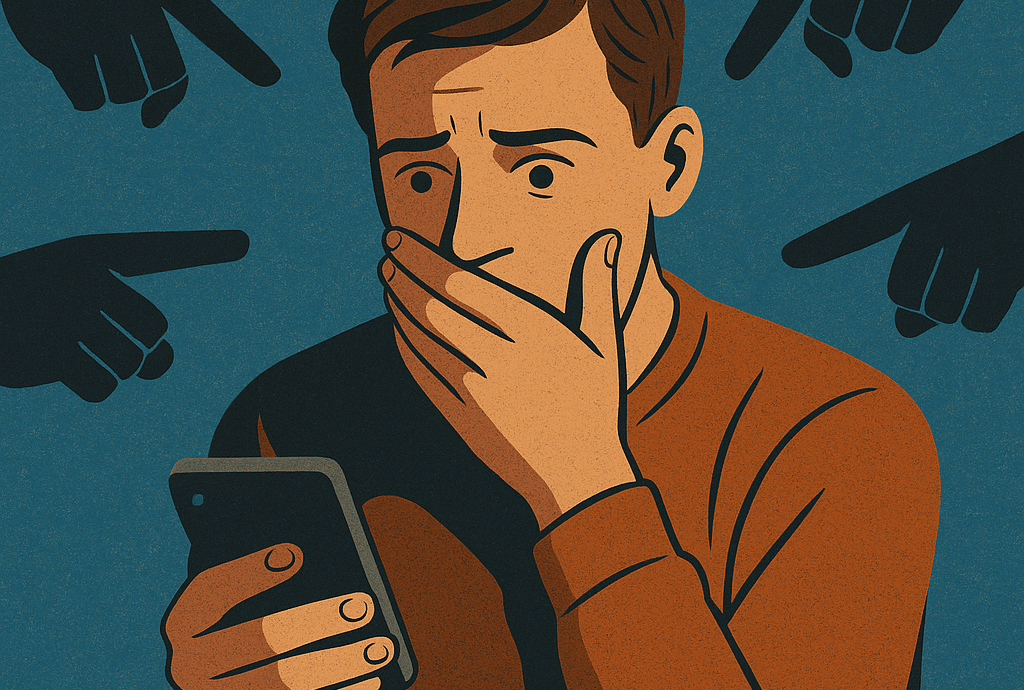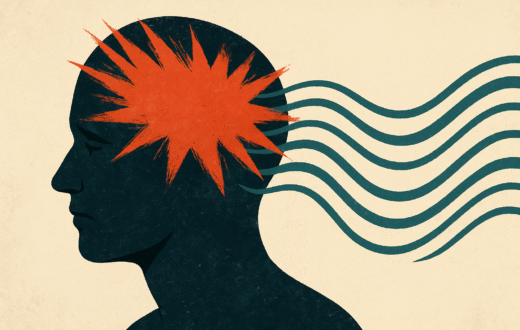Cancellation OCD: When Fear of Mistakes Meets Public Shaming

In today’s era of “cancel culture” a single misstep can carry significant social consequences. While holding people accountable and amplifying the voices of marginalized groups, such as women and people of color is essential, this environment has also cultivated a fear of error so intense that some individuals feel there is no space for human imperfection. This isn’t a debate about whether cancel culture is good or bad; rather, it’s an exploration of how it can fuel perfectionism and, in some cases, a form of obsessive-compulsive disorder (OCD) known as “cancellation OCD”.
What Exactly Is Cancellation OCD?
Imagine getting ready to post online. You’ve read your words several times, rewritten them twice, and even asked a friend for feedback. Yet you hesitate, haunted by thoughts such as:
- “What if someone misunderstands this?”
- “What if I forgot an important detail?”
- “What if this resurfaces years from now and I’m publicly shamed?”
Though not an official diagnosis, cancellation OCD describes a subtype of OCD centered on intrusive thoughts about being “cancelled” for a mistake, real or imagined. Unlike thoughtful communication rooted in values, this pattern involves constant doubt and fear, often without evidence that anything harmful was said or done.
Common Intrusive Thoughts
- Worrying you posted something offensive in the past.
- Fearing your words will be interpreted in the worst way.
- Anxiously wondering if you unintentionally hurt someone who might call you out.
Typical Compulsions
- Excessive re-editing or rereading posts and emails.
- Deleting old content in search of “problematic” material.
- Avoiding social media altogether.
- Mentally replaying past conversations.
- Seeking reassurance from friends or colleagues.
How Perfectionism Plays a Role
Cancel culture can heighten perfectionistic thinking, leading to:
- Unrealistic standards for flawless, inclusive language at all times.
- A deep fear that even small mistakes could damage your reputation.
- Black-and-white thinking: viewing yourself as entirely “good” or “bad.”
- Harsh self-criticism and linking your worth to never making errors.
This is more than striving for excellence—it’s feeling you must be perfect to stay safe.
Breaking Free from the Cycle
If fear-driven checking, editing, and avoiding are limiting your life, it may be time to act:
- Recognize when caution becomes compulsion.
- Try ERP (Exposure and Response Prevention) with guidance from a trained therapist.
- Practice self-compassion and remind yourself that mistakes don’t define your worth.
- Live according to your values rather than OCD-driven fears.
- Offer grace to others when they make mistakes.
Final Reflection
Accountability is crucial, but so is forgiveness. A culture that allows for growth, learning, and change benefits everyone. We don’t have to be perfect to be valuable—we just have to be willing to live authentically and compassionately.





